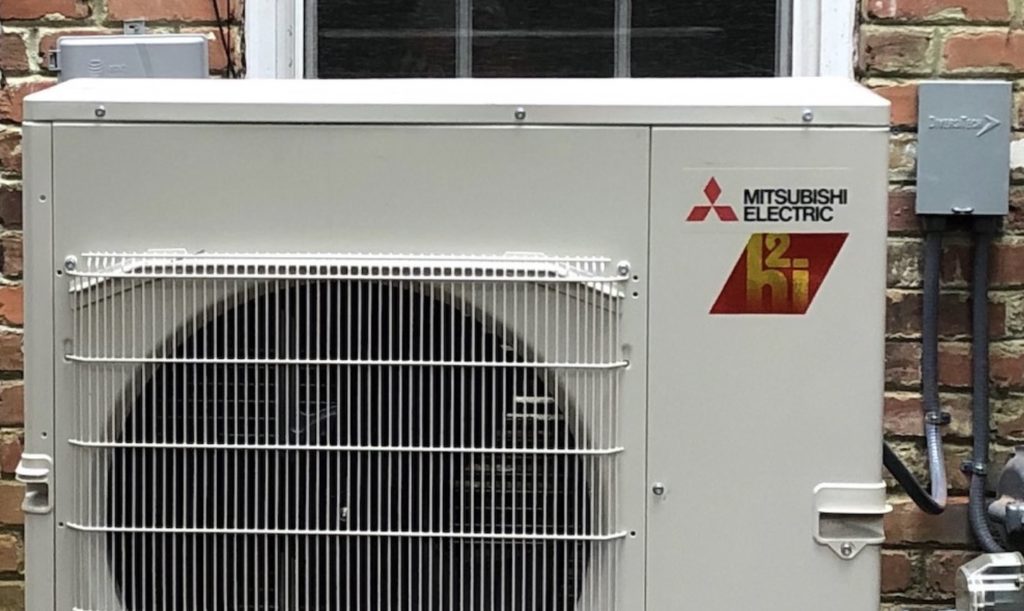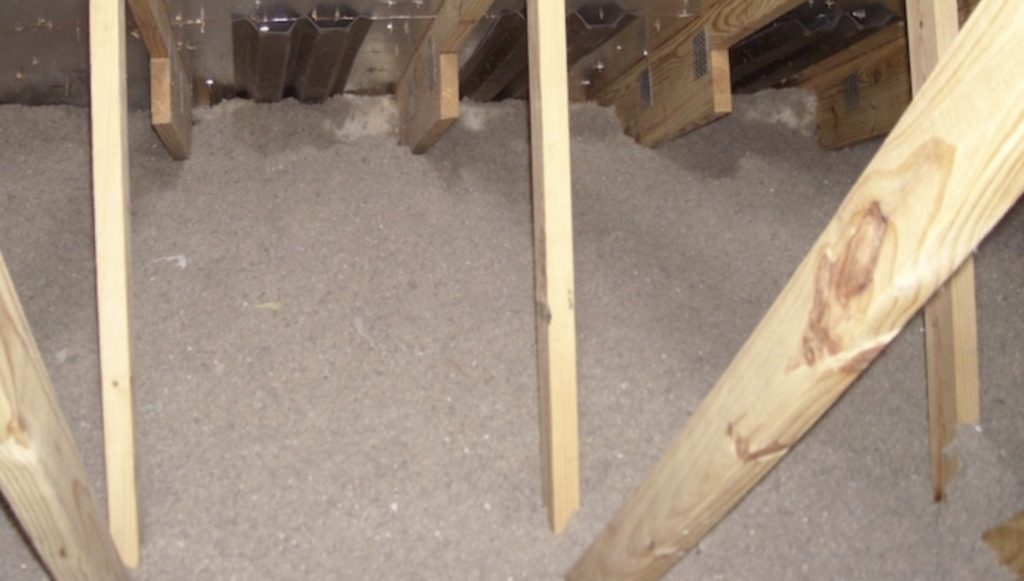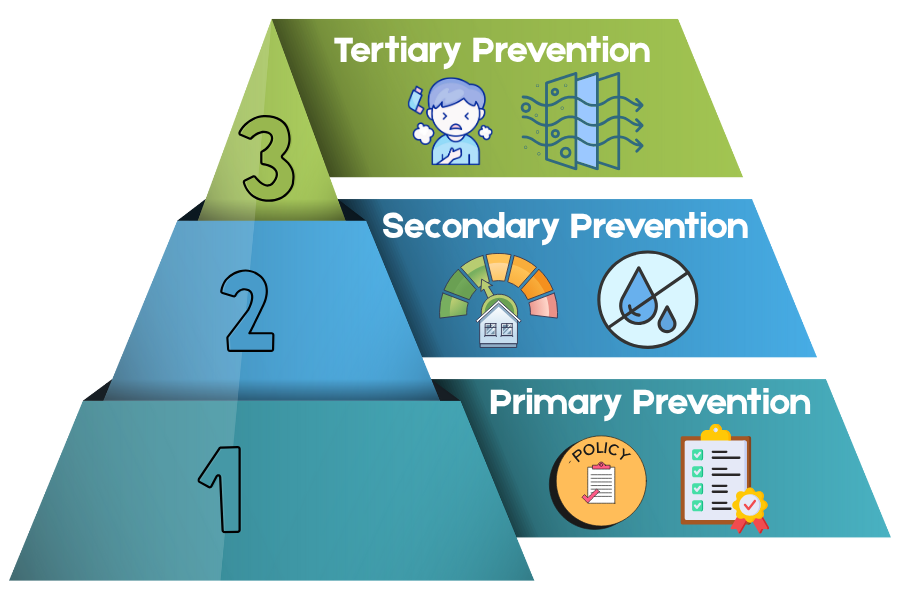Mar 31, 2023
Will a Heat Pump Work in an Old House?
If you’re getting enough heat into the house to match the heat being lost, a heat pump can do the job. For comfort, a heat pump may be even better than a furnace.
By: Allison Bailes
The question of heat pumps in old houses is coming up a lot lately. With the great electrification upon us, heat pumps are quickly becoming the number one choice for space heating. In fact, data from the Air-Conditioning, Heating, and Refrigeration Institute showed that heat pumps outsold furnaces by 10 percent in 2022. Ten years earlier, furnaces outsold heat pumps by 32%. That’s great! But can they work in homes that are poorly insulated and have a lot of air leakage.
A BTU is a BTU
I like to answer this question by saying that a BTU is a BTU. (For the SI folks, a joule is a joule.) Whether it comes from a heat pump, a furnace, or a 20-year old plasma TV, heat is heat. (OK, for the sticklers, let me say, heated air is heated air.) If you’re getting enough heat into the house to match the heat being lost, a heat pump can do the job. For comfort, a heat pump may be even better than a furnace.
As an example, my heat pump did well in our arctic blast a couple of months ago, and it’s undersized. It doesn’t have the capacity to equal the heat loss on those days when the temperature is below our design temperature, so it couldn’t keep the house at our thermosat setpoint. But even with the outdoor low temperature of 7 °F, the lowest it got in the house was 63 °F. (See the article for the data.)
My house was built in 1961 and isn’t what anyone would call a high-performance house. With our encapsulated attic, the air leakage isn’t too bad but wouldn’t meet our code for a new home. For those who want numbers, Georgia code now requires 5 ACH50, and my house is at 8.4 ACH50. Also, our main floor walls do have insulation, but it’s either R-7 or maybe R-11. The basement, however, has no insulation. Our windows are single pane with storm windows. Overall, it’s a mediocre thermal enclosure.
Sizing, equipment selection, and installation are critical
Heat pumps do work in homes with poor thermal enclosures. As stated above, it’s all about delivering the right amount of BTUs. For that, you need to know how much heating load you have. A Manual J heating load calculation is one way to get there. A better way would be monitoring the runtime of the existing system and getting an estimate of how much heat it adds at design conditions.
Then choose the type of heat pump that will get you as close to the heating load as you can without oversizing the cooling side too much. It’s a balancing act, and you may end up oversizing on cooling a bit. But with multi-stage or variable speed equipment, that won’t hurt you so much. If you’re in a cold climate, make sure to get a cold-climate heat pump, like the Mitsubishi models with Hyper-Heat (H2i®).

One thing to watch out for with heat pumps is relying too much on auxiliary heat, especially if that heat comes from electric resistance coils. That can run your electric bill up very quickly. And it’s even worse if you follow the dumb advice sometimes given to homeowners of turning your thermostat to emergency heat when it’s cold outdoors. There are better ways to plan for auxiliary heat.
Then you’ve got to have an installer who can set you up for success by ensuring that the heat from your heat pump will make it into the places where you need it. The duct system is the oft-neglected part of heating and cooling systems, but they’re critical to good performance. The ducts need to be sealed, insulated, and capable of delivering the right amount of air.
But improving the thermal enclosure does help
Having said all that, I’m certainly not advocating for a leaky, poorly insulated enclosure. A robust thermal enclosure does provide distinct advantages. For the homeowner, a better enclosure means you can put in a smaller heat pump, saving money on the upfront costs. It also means you need less heat from the system over the course of a winter, saving money year after year on heating bills.

What’s the best way to insulate your attic?
In addition, the occupants benefit from enhanced comfort. Everyone likes to focus on air temperature, but that’s only one of several factors that affect your comfort. A huge one that doesn’t get talked about enough is mean radiant temperature. With a poor enclosure, the walls, windows, ceilings, and floors can be very chilly on those cold days. A good enclosure brings the temperatures of those surfaces closer to room temperature. And that matters a lot!
Another advantage of a good thermal enclosure is one that accrues to the utility. Smaller heat pumps mean less power needed on those cold mornings or in the evenings when people return home from work. Less power needed for heating can help flatten out both the duck curve and the falcon curve.
The bottom line here is that heat is heat, BTUs are BTUs, and joules are joules. If you have a good unit sized and installed to provide enough heat, heat pumps can work just fine in older homes. Don’t let having an older home stop you from putting in a heat pump. Just be sure to get a good contractor to help you plan for it and get it installed properly.





